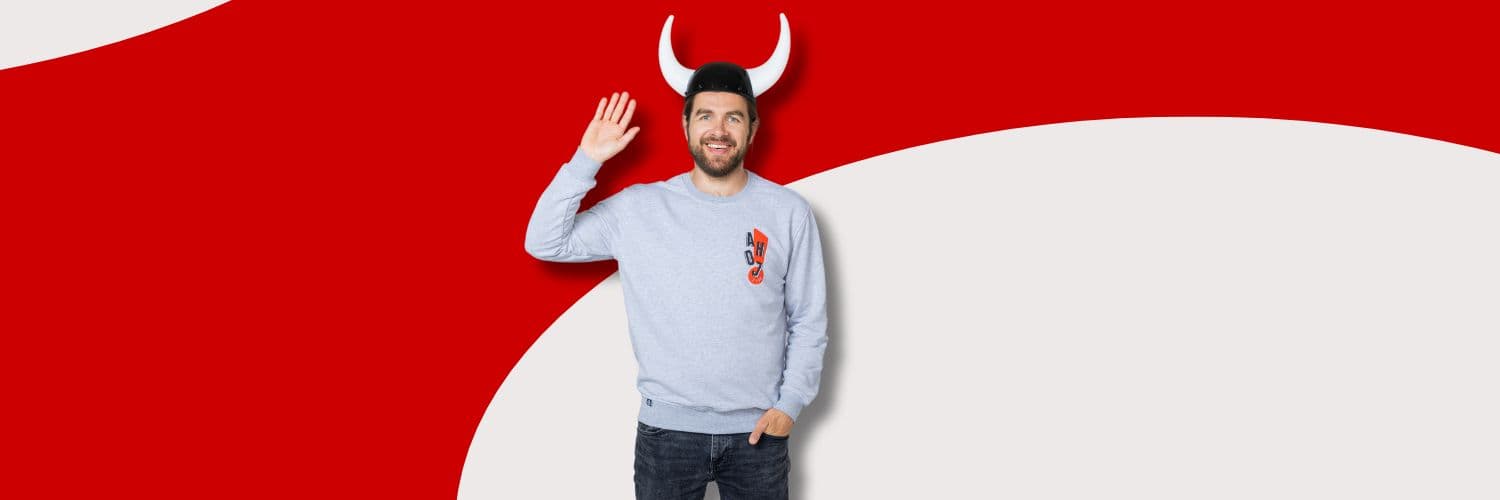Today on the diary kept by a user of a global computer network on a WWW page, or simply on a blog, we shared our thoughts on borrowings from other languages in our daily speech. Does that sound official and dull? It won't stay that way!
Remember how in school they instilled in us Mikołaj Rej's wise and noble words, that Poles are not geese and have their own language? In the face of this truth from past centuries and today's, to put it mildly, somewhat more relaxed approach to the Polish language, we decided to check how these words hold up against the new reality, especially the mobile one.
"Hejt" and "lajk" on "fejs" or a "mega apka" to "cykać selfie" – sound familiar? Probably, because most of us use these phrases daily. Now think about it – would you be able to take on the challenge and express this in a simple, understandable way using traditional, correct Polish? The only thing that comes to our mind is – a negative and positive comment on the social media portal Facebook, and very good software for mobile devices used for taking pictures of oneself, phew. Not easy. And in our opinion, it doesn't capture what the original does. And it doesn't sound sexy ☺
Borrowings from other languages, primarily from English, are an everyday occurrence today. Especially in the world of new technologies. Our name – Mobile Vikings – is also not native. And we're not ashamed of it at all. Can you imagine, for example, "Mobilni Wikingowie" (Mobile Vikings in Polish)?
We agree with the enthusiasts who care about using correct Polish – our language is beautiful and worth respecting, paying attention to how we speak. And yes, our language has many words that do not need and probably never will have Polish equivalents from other dialects. But in the modern world, there are also concepts that are really difficult to describe efficiently using the Polish language. And it's worth just accepting it. After all, even Polish professors do this, who over time add initially "foreign" words to our dictionaries. Did you know that once "maszyna cyfrowa" (digital machine) and not "komputer" (computer) was considered correct? And today, literally no one uses such a term.











